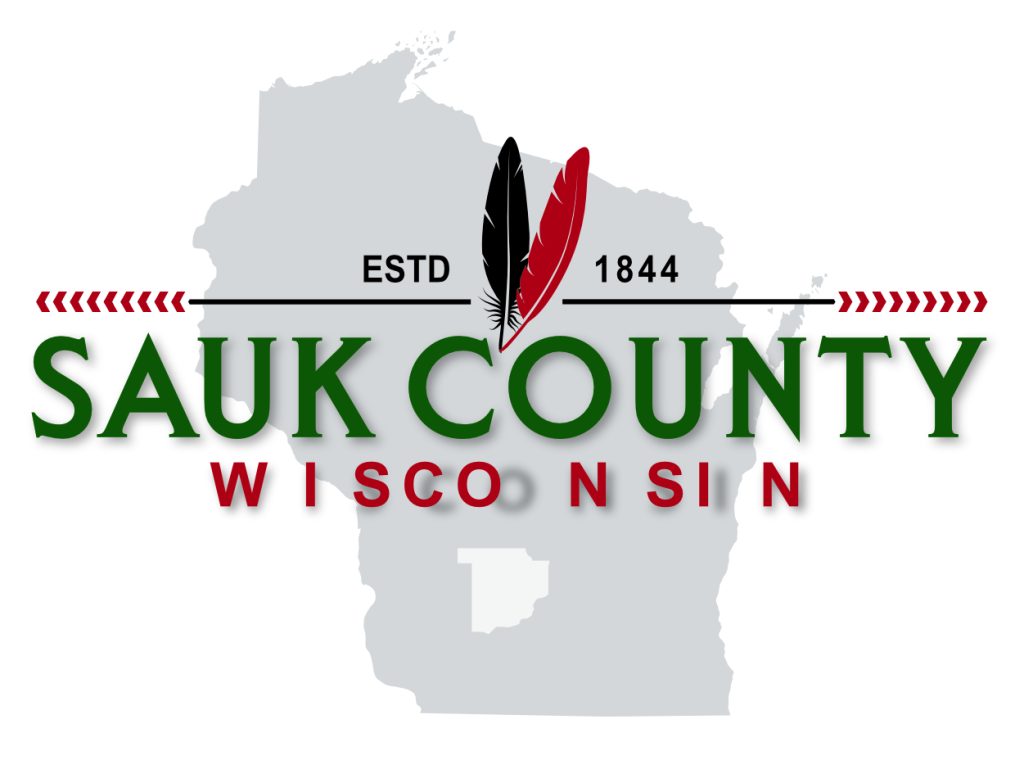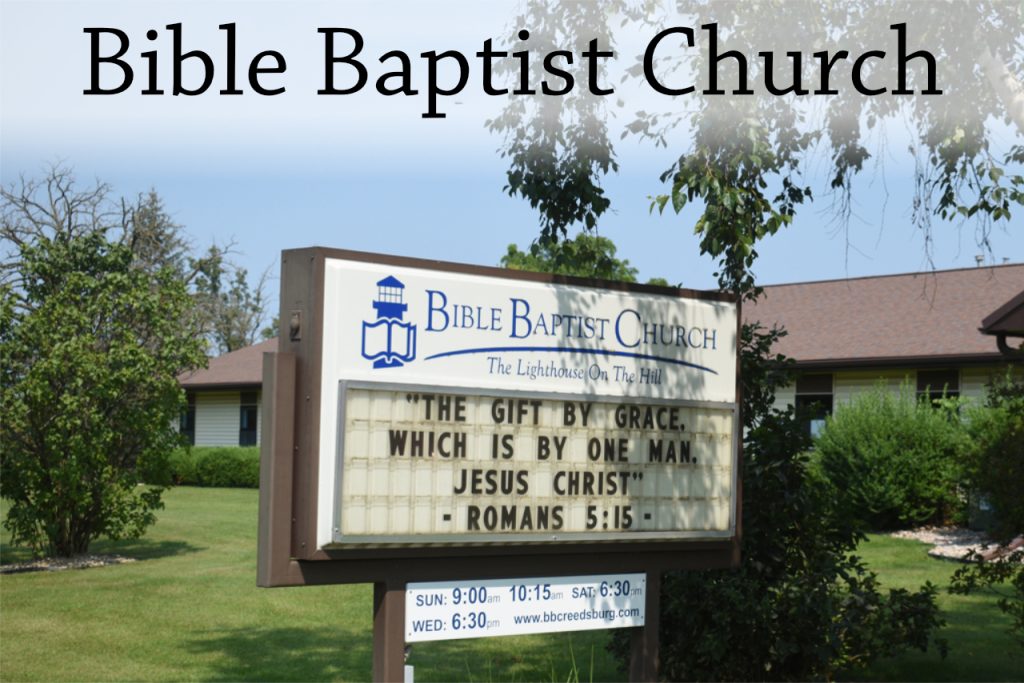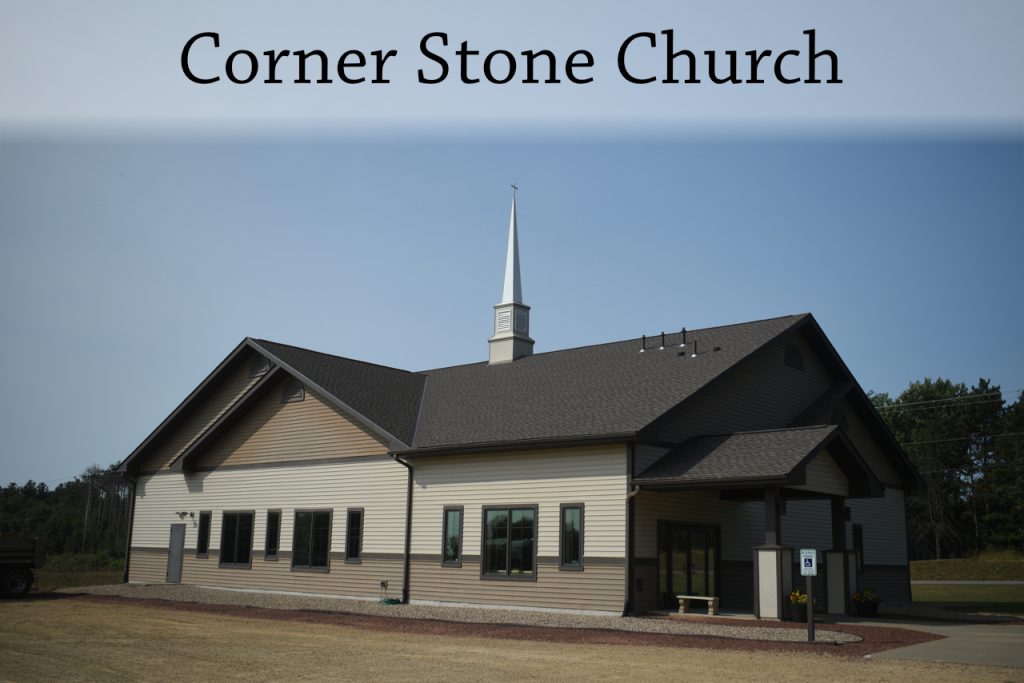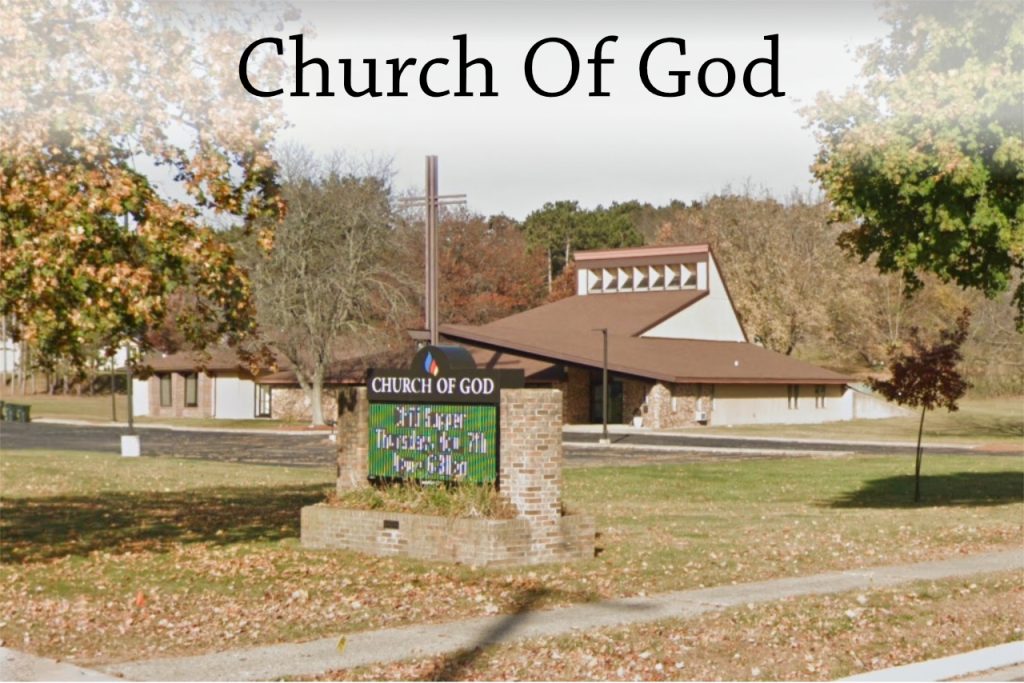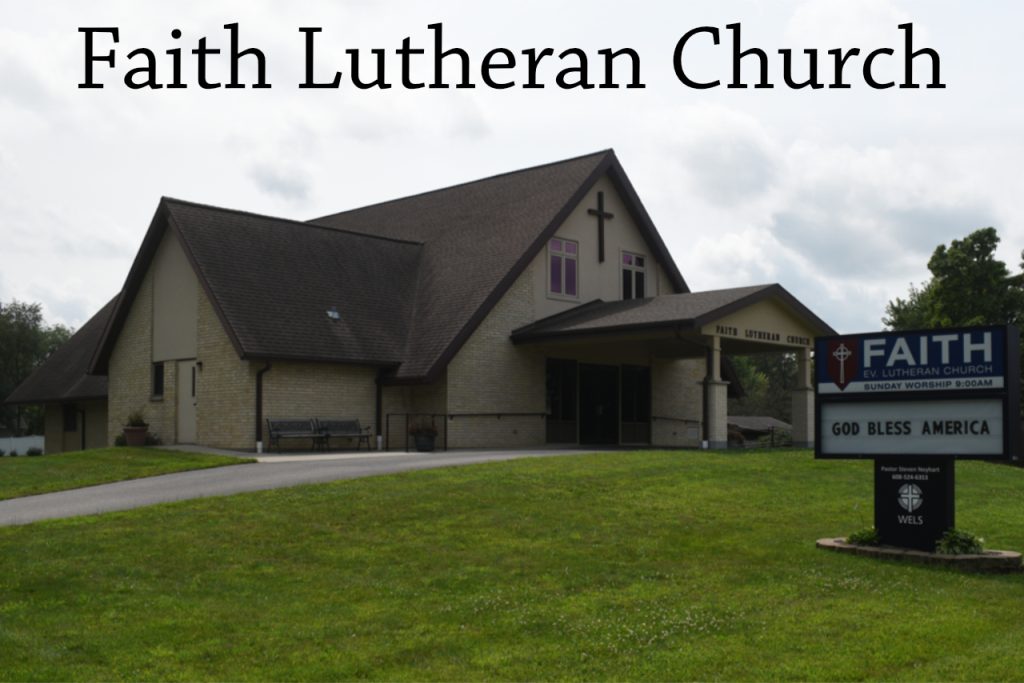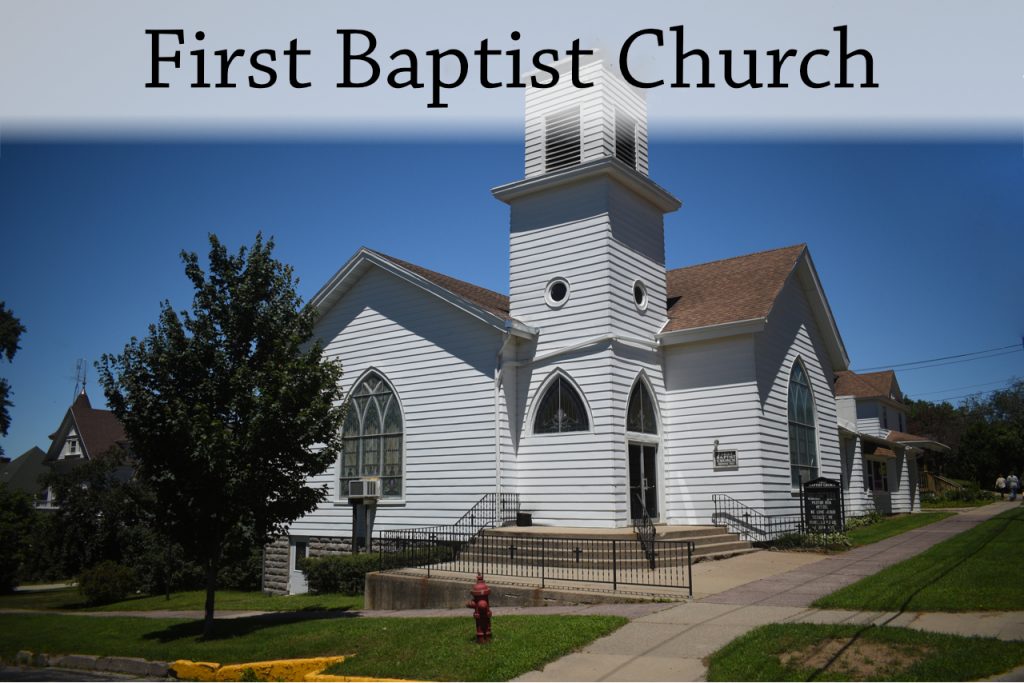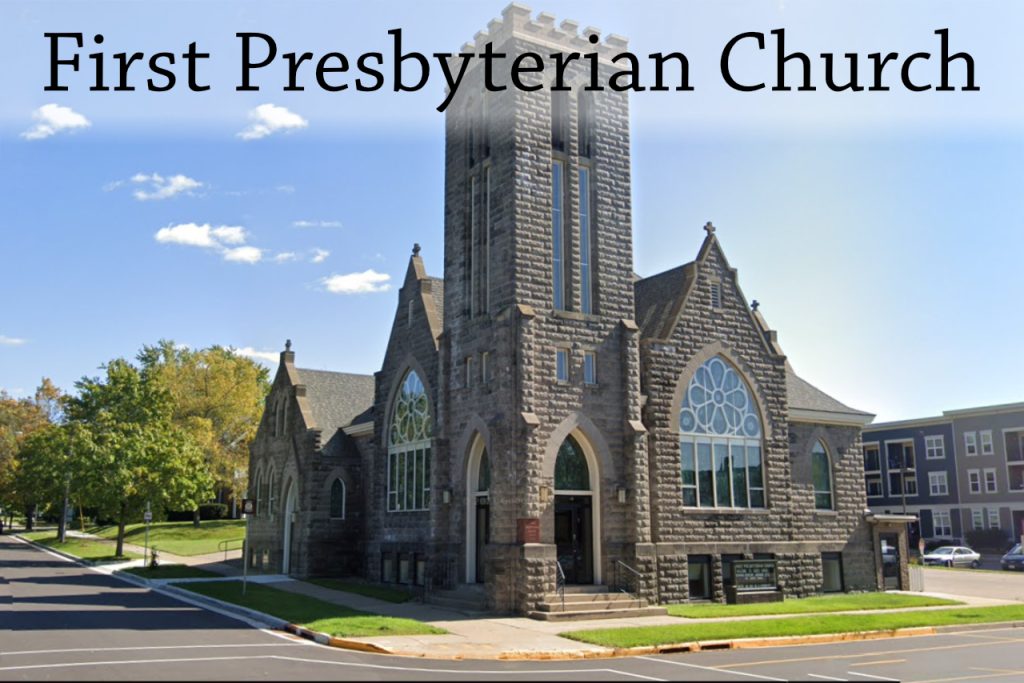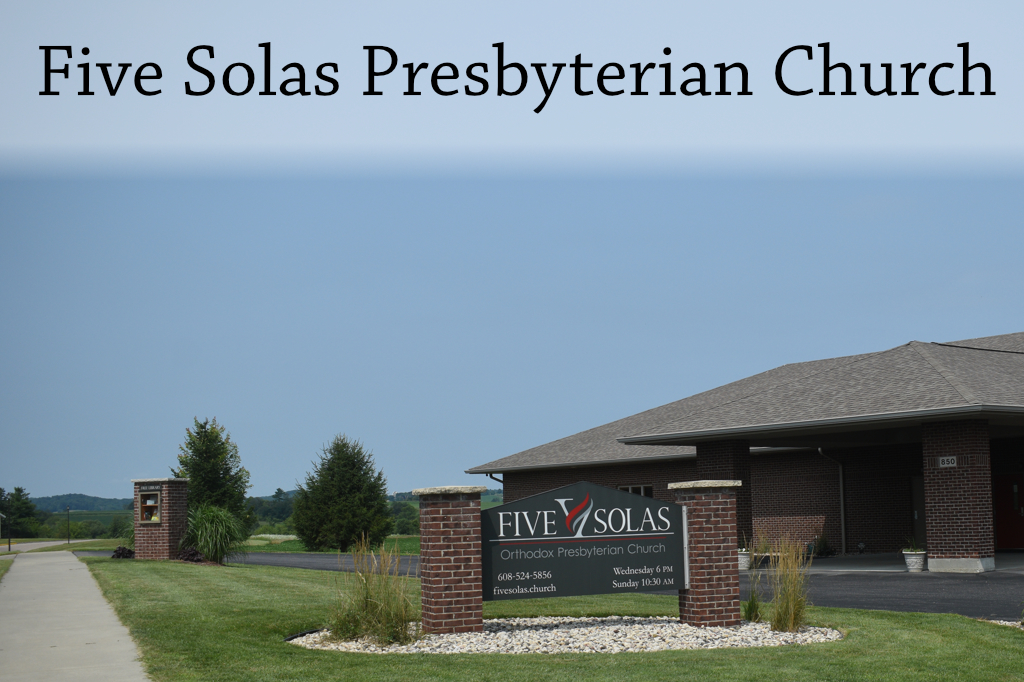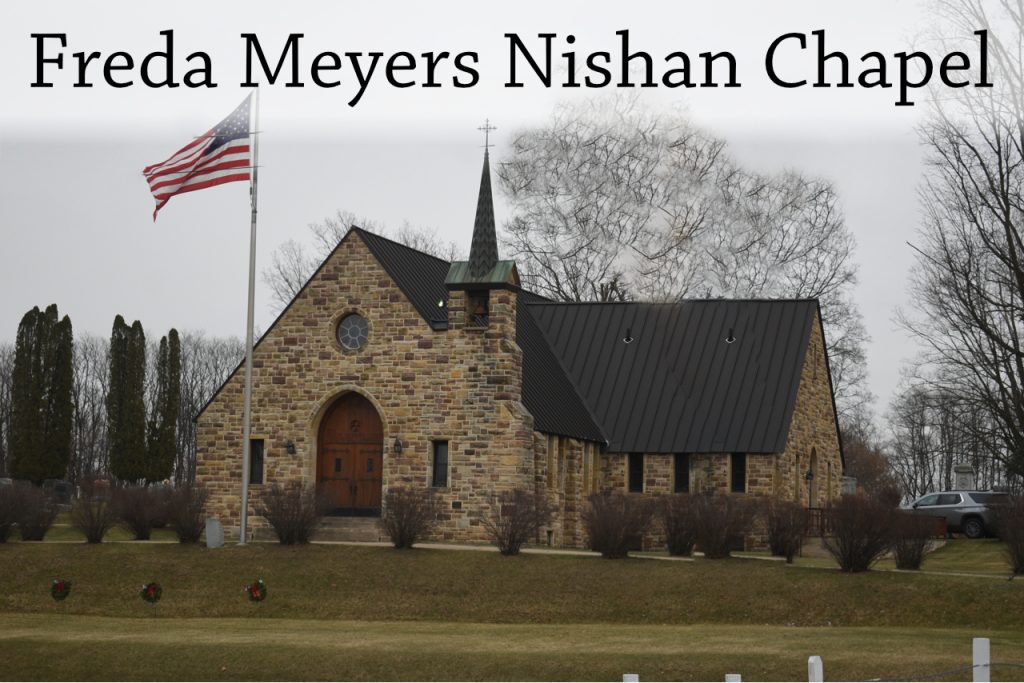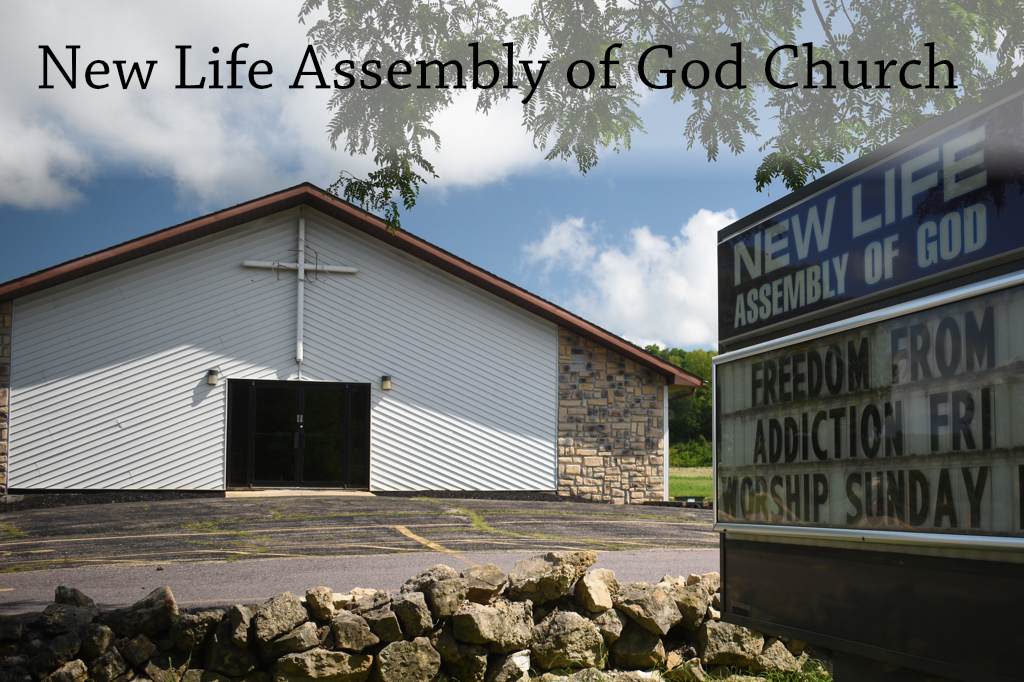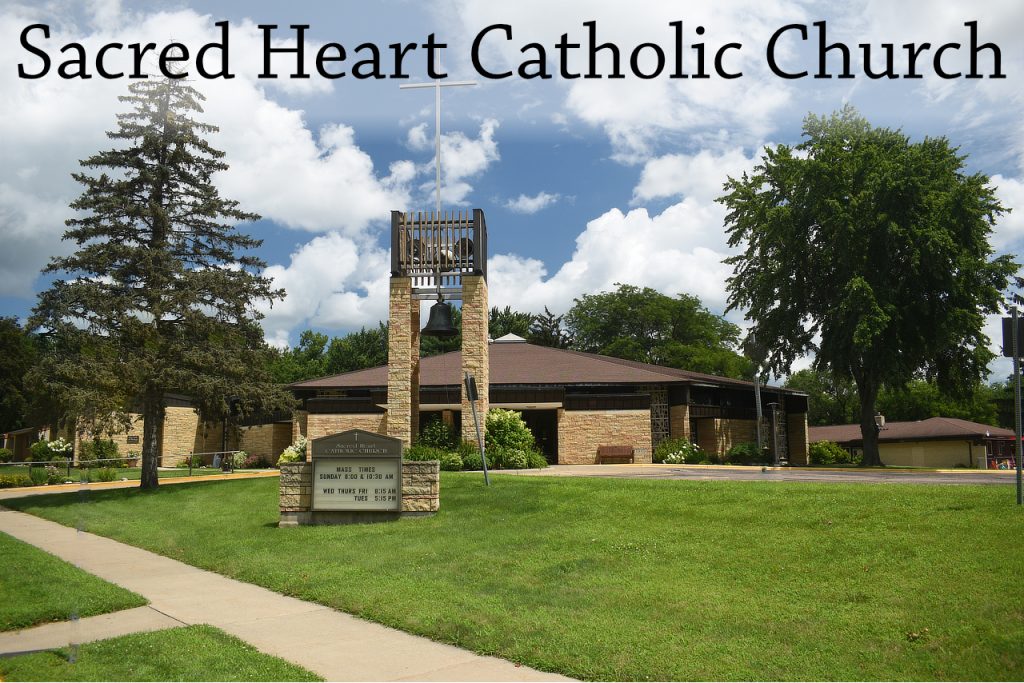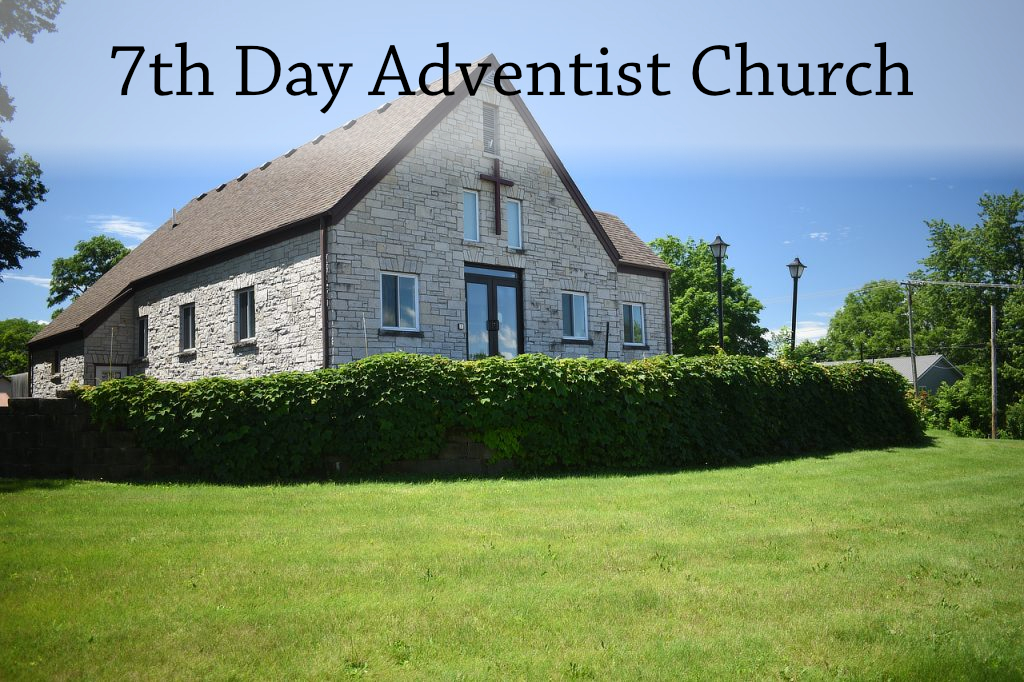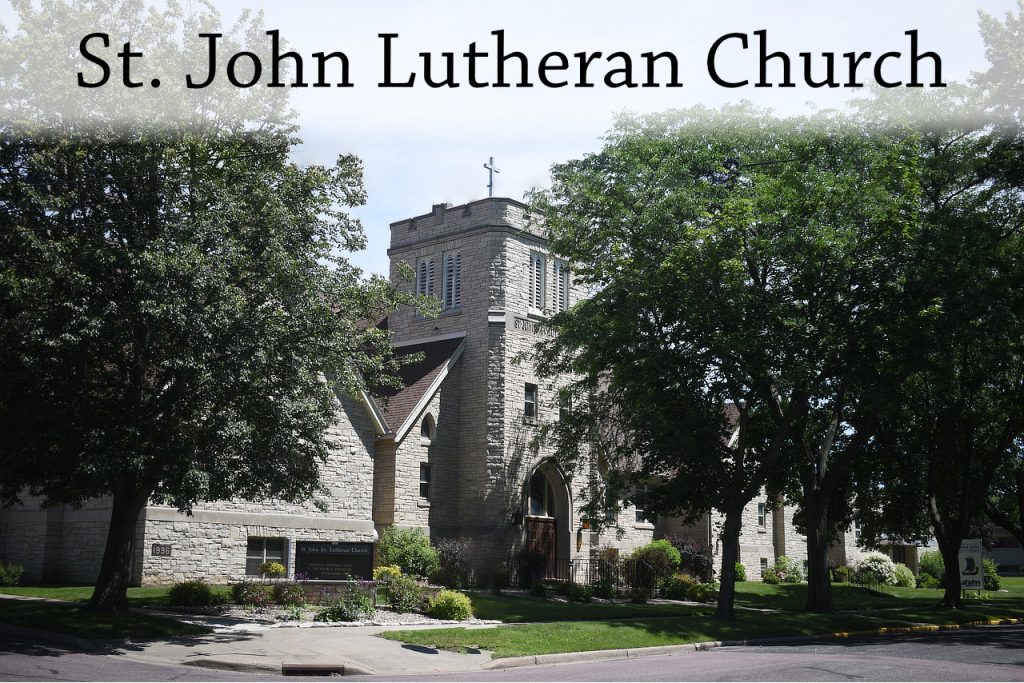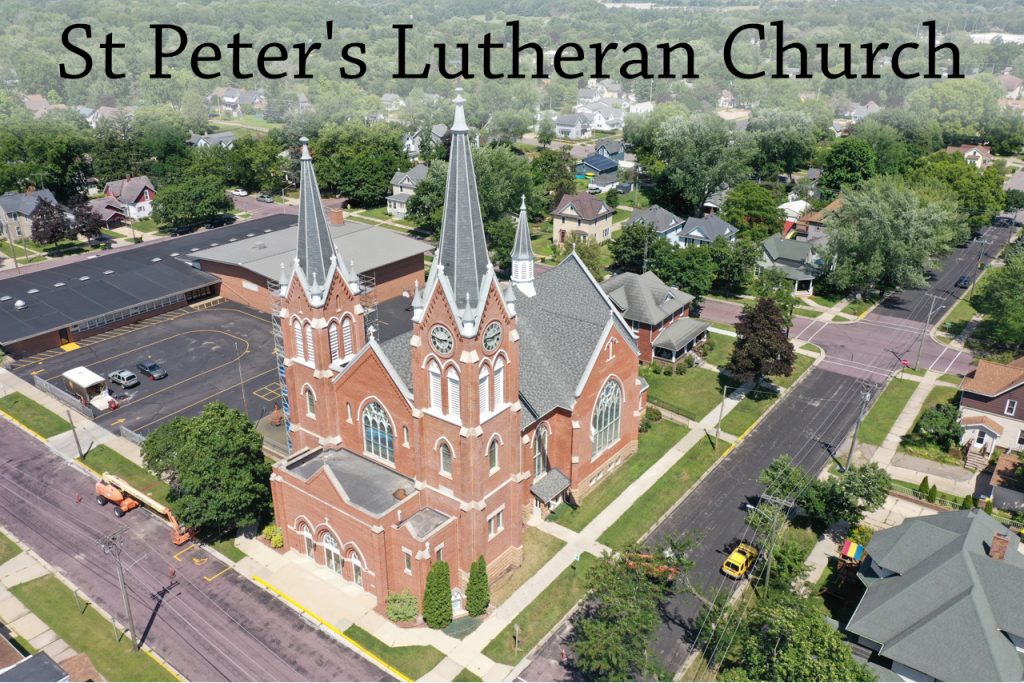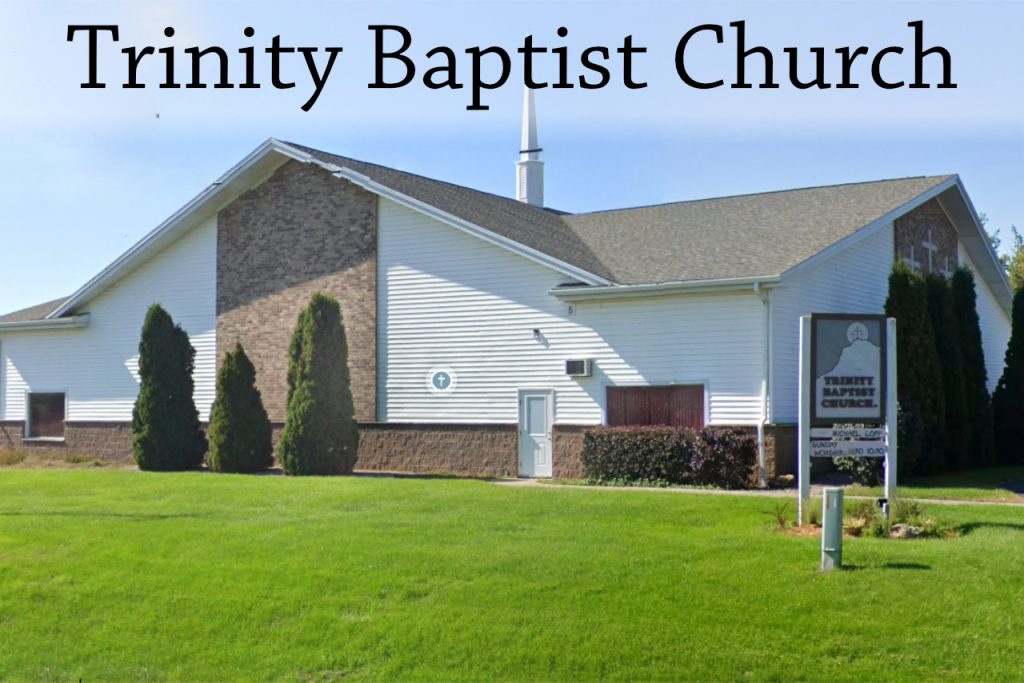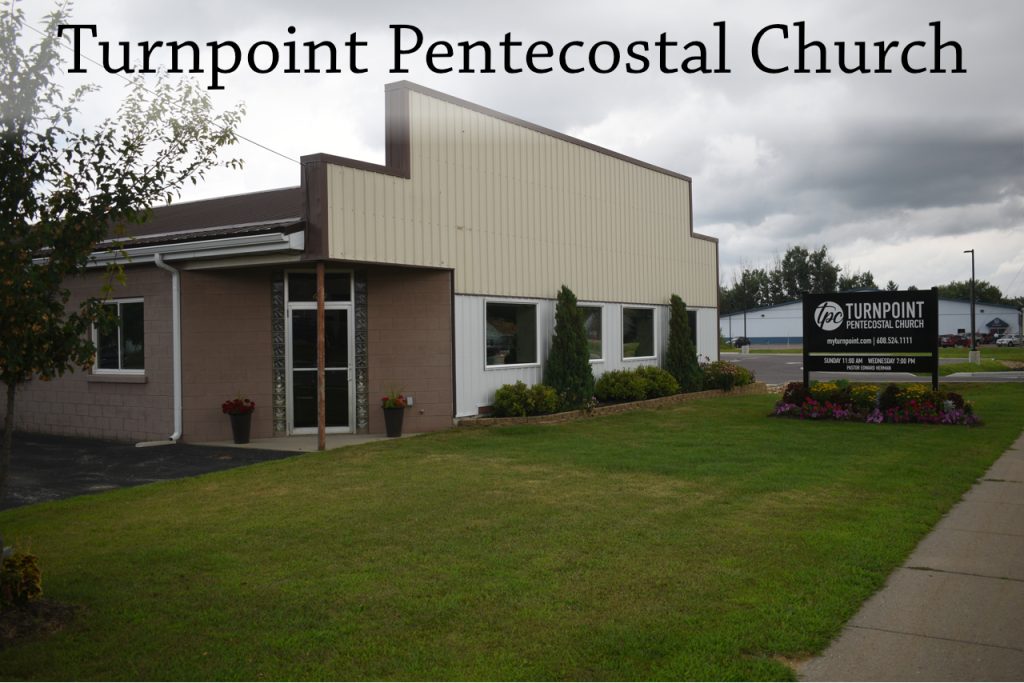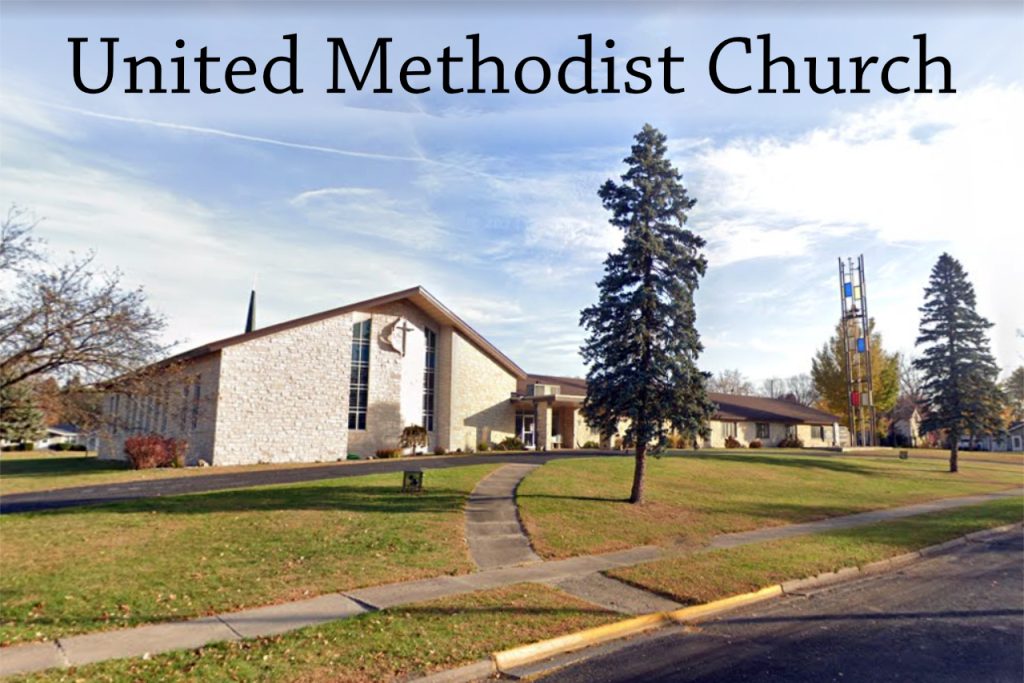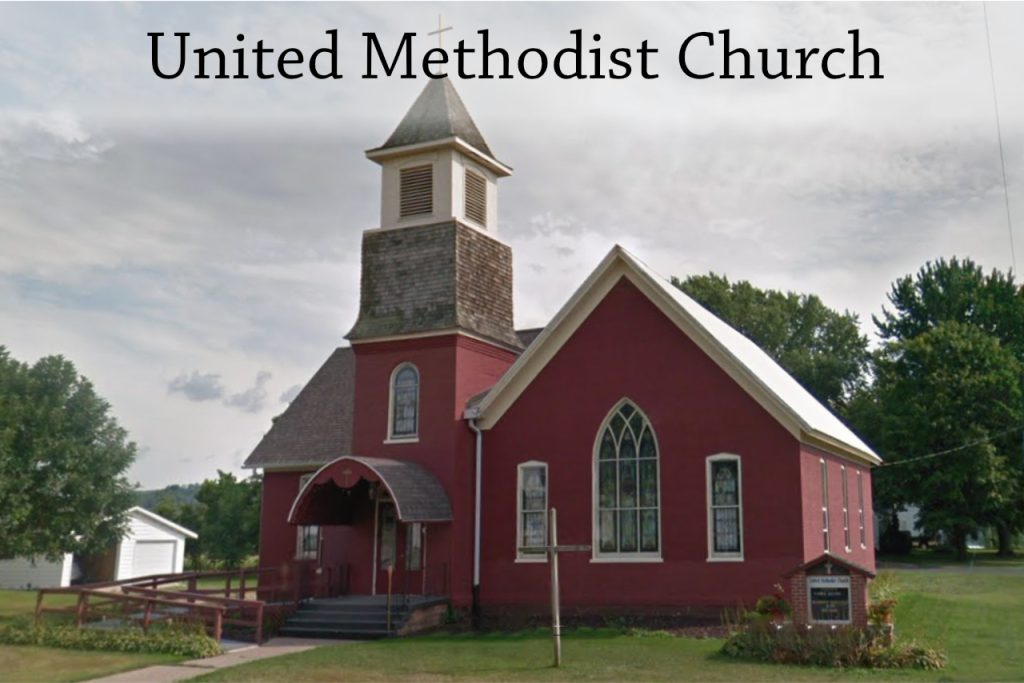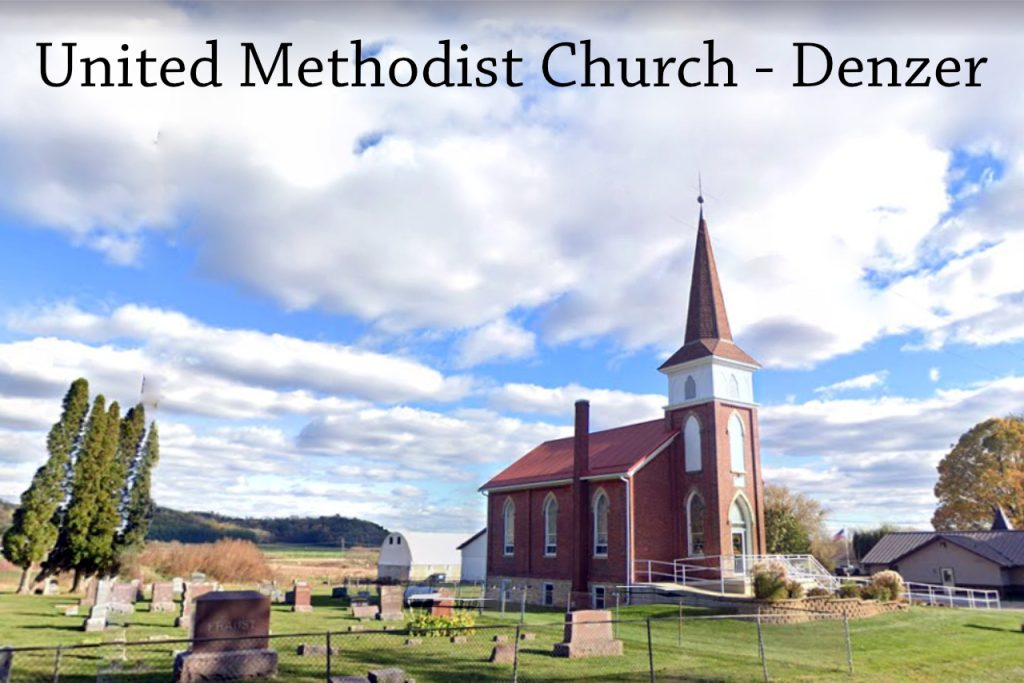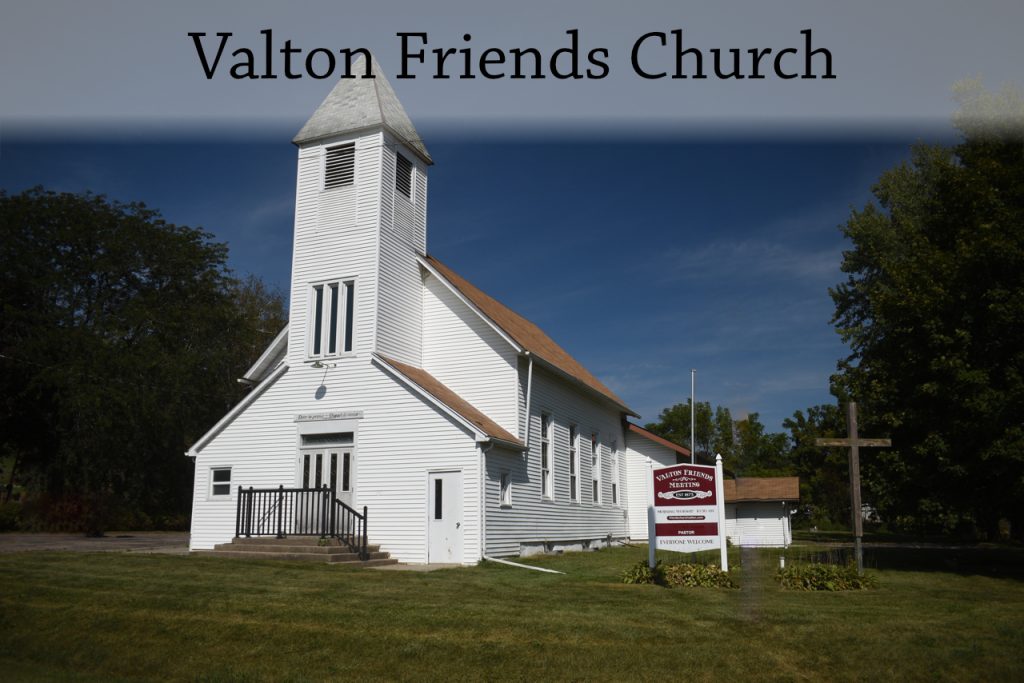Religious Foundation and Community Building
The establishment of churches often preceded or coincided with the founding of new settlements. As pioneers moved into Sauk County and the rest of Wisconsin, they brought with them their faith traditions. Churches provided a focal point for settlers to gather, worship, and find communal support. They were places where shared values and moral teachings were reinforced, fostering a sense of unity and identity among residents.
In Sauk County, churches such as Methodist, Lutheran, and Catholic congregations, emerged as key pillars of community life. These denominations, along with others, established permanent church buildings to serve the spiritual needs of settlers. Through regular services, prayer meetings, and social gatherings, churches cultivated a sense of belonging and solidarity among residents.
Educational Advancements
Education was another crucial aspect of community development that churches promoted. Many early schools in were started by church groups or operated with their support. Churches often provided space for classrooms, and clergy members frequently took on roles as educators. The emphasis on literacy and basic education helped to elevate the intellectual and practical skills of community members, laying a foundation for future growth and prosperity.
Social Services and Welfare
Beyond spiritual and educational roles, churches in Sauk County also engaged in social services and welfare activities. They established programs to assist the needy, provided aid to widows and orphans, and organized relief efforts during times of hardship such as crop failures or epidemics. These charitable endeavors not only alleviated immediate suffering but also strengthened community bonds and demonstrated the church’s commitment to the well-being of its members.
Moral and Ethical Guidance
In an era marked by rapid societal changes and frontier challenges, churches provided moral and ethical guidance that helped shape community norms. Sermons, Sunday schools, and religious literature reinforced values such as hard work, honesty, and respect for authority. This ethical framework contributed to the stability and cohesion of new settlements, fostering an environment conducive to growth and prosperity.
Economic Influence
Churches also exerted indirect economic influence by facilitating networks of support and cooperation among settlers. Through church-sponsored events, markets, and fairs, economic exchanges were encouraged, contributing to local trade and commerce.
Learn more about the history of local churches by clicking on the links associated with your church of interest. This is an ongoing project that will be adding more information about each location as it becomes available. If you have historical information or photos you would like to share about a specific church, let us know at rhpg2020@outlook.com and we will make arrangements to add your material.
Tour Each Church via 360 Virtual Tour Imagery
Click on any church image to take a virtual tour of that church building and learn about its history.
REEDSBURG CHURCHES
NORTH FREEDOM CHURCHES
VALTON CHURCHES
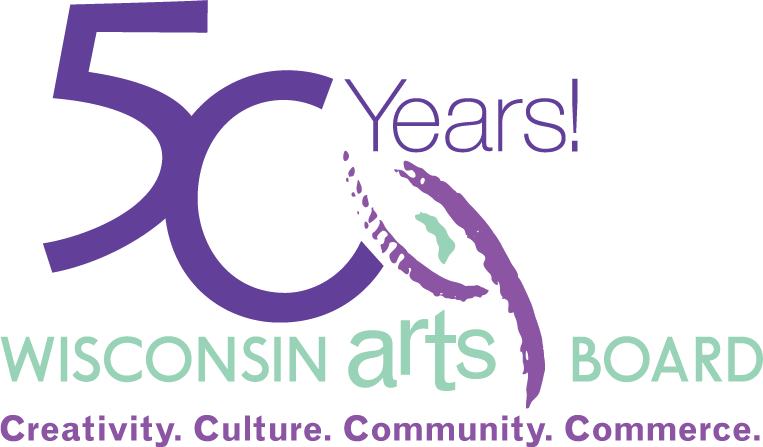
This project is supported in part by a grant from the Wisconsin Arts Board with funds from the State of Wisconsin and the National Endowment for the Arts.
